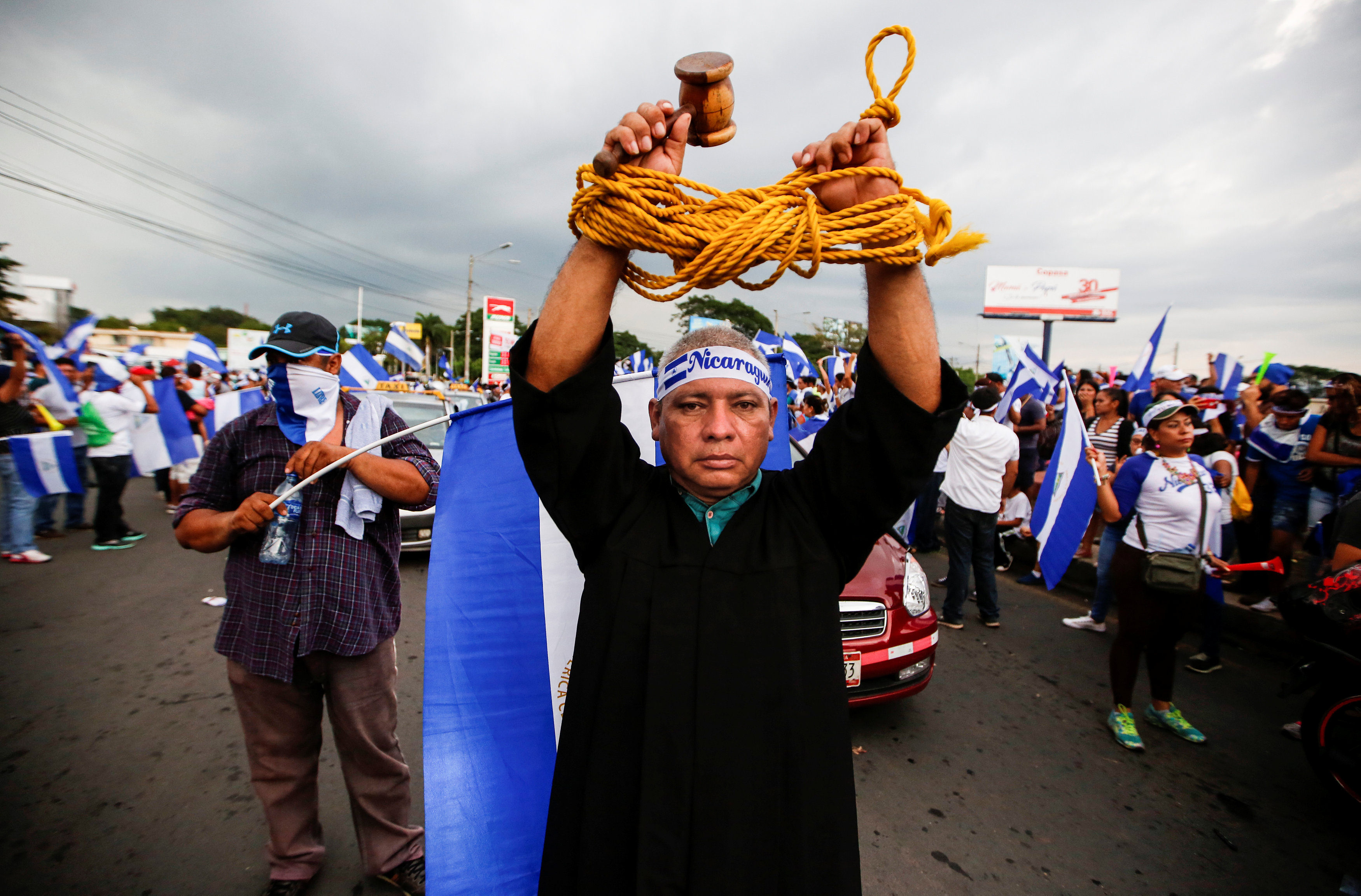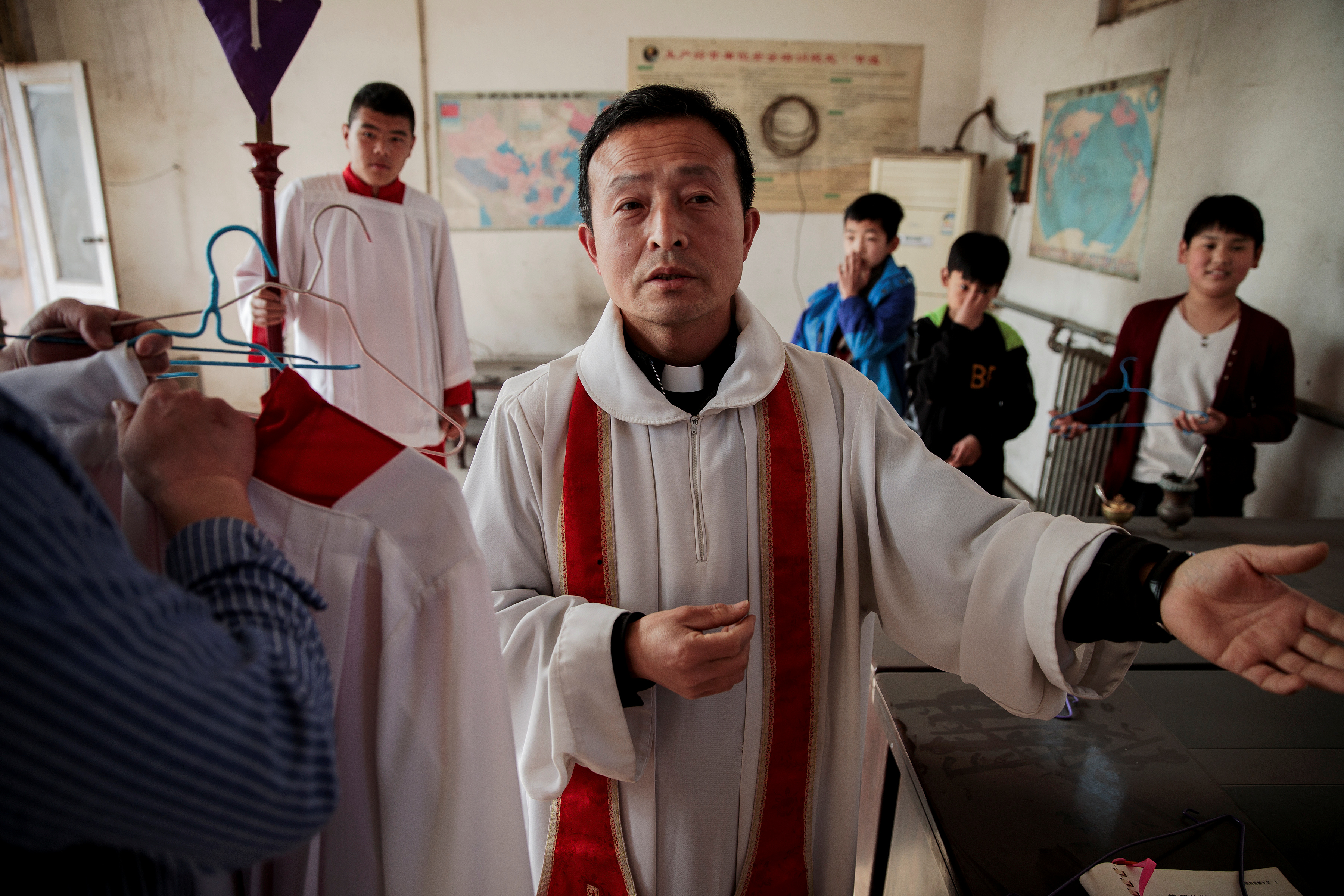The Patriotic Association of Chinese Catholics (PA) and the Council of Chinese Bishops (BCCC) have launched a "Five-Year Plan of Development for the Sinicisation of the Catholic Church in China", AsiaNews has reported.
The plan was approved last week by the two bodies, neither of which are officially recognised by the Holy See, and both of which acknowledge the Communist Government in Beijing as the primary authority in China, even over religions. The unofficial or "underground" Church in China, whose first loyalty is to Rome, had no part in the formation of the plan.
The objective of "sinicising" religions, including the Chinese Catholic Church, was declared in 2015 after President Xi Jinping took part in a meeting of the United Front - a body answerable to the Communist Party Central Committee that has new powers to impose state control on religions.
The “sinicisation” process will purportedly increase assimilation of Chinese culture into religious expression, eliminating “foreign influences”. Independence “from foreign influence” implies acting without the mandate of the Holy See, and submission to the Communist Party.
No details of the Five-Year Outline were mentioned in a 22 May news letter on the CCPA-BCCCC website. Some Catholic observers, AsiaNews reports, believe this move was so as not to offend Rome, as China and the Vatican are currently undergoing negotiations, in particular on who has the right to appoint bishops.
In an interview with the South China Morning Post on 18 May, John Hung Shan-chuan, Archbishop of Taipei, the Taiwanese capital, said that the Pope told him that he would not compromise Catholic principles for the negotiations and that the power to appoint bishops must remain in the hands of the pontiff. On this issue, concluded Archbishop Hung, there is still no final agreement in the dialogue.
If negotiations are to lead to the establishment of full diplomatic relations between Rome and Beijing, then the Vatican would have to follow most of the rest of the world in rescinding its recognition of Taiwan as an independent state.



 Loading ...
Loading ...